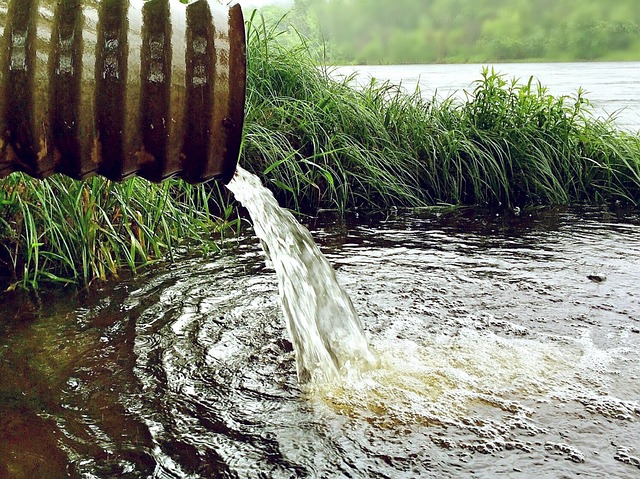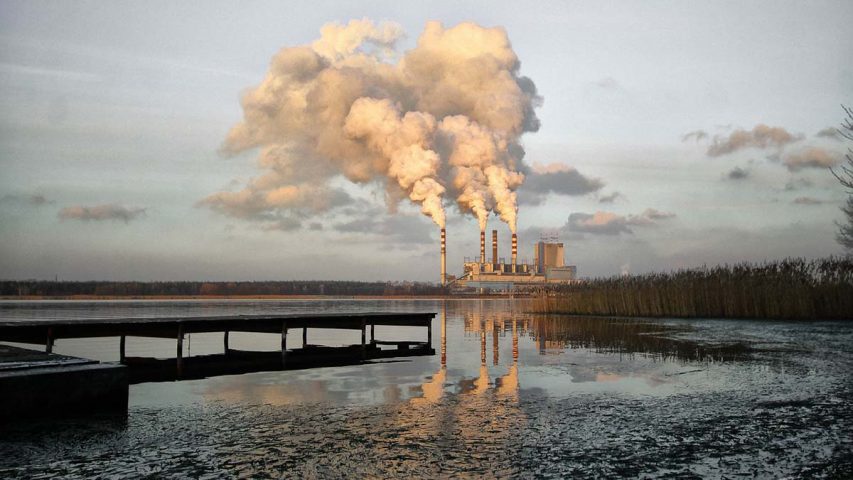A new study has found almost 70 different pharmaceutical drugs in insects and spiders in rivers around Melbourne, Australia. Commenting on the finding, the researchers express concern that trout and other predators which feed on the bugs are being exposed to daily doses of some drugs, such as antidepressants, that are up to half of those prescribed to humans. Published in the scientific journal Nature Communications, the study adds to growing evidence that the pharmaceutical industry is having a dangerous impact on food chains, water supplies, and the environment.
The researchers looked at insects and spiders from in and around six streams in Melbourne. Screening for 98 compounds, they detected a total of 69 separate pharmaceutical chemicals from 23 different classes of drugs. The drugs found included medications used in the treatment of irregular heartbeat, depression, epilepsy, pain, infections, diabetes, gastrointestinal disorders, high cholesterol, inflammation, Parkinson’s disease, and other health problems. The researchers stressed it is imperative to understand the risks that chronic exposure pose to predators relying on the insects and spiders as their primary source of food. Noting that people who eat fish are also potentially affected, the study is the first of its kind to show that such a wide range of pharmaceutical drugs has infiltrated food chains.
Pharmaceutical pollution is now a global problem

Far from being unique to Australia, there is widespread evidence that pharmaceutical pollution has become a global problem. Around the world pharmaceutical companies have been polluting the environment for decades now, with the result that even drinking water supplies have become contaminated with measurable amounts of dangerous chemical drugs. Rarely admitted by public health authorities, the fact is that water treatment plants were never designed to deal with the presence of toxic pharmaceutical compounds.
While a proportion of the drugs in tap water results from people flushing their unused prescriptions down the toilet, or from not all of the pills being metabolized in patients’ bodies and thus similarly ending up in the sewer system, vast amounts of pharmaceuticals are also being released legally into waterways providing water for drinking.
In the United States, tests have suggested that at least 51 million people are drinking water contaminated with pharmaceuticals. The actual numbers may be far higher however. A recent study confirmed that water treatment plants taking discharges from pharmaceutical companies are putting high concentrations of drugs into American waterways. While the long-term consequences of this are not yet fully understood, research has already shown that mixtures of drugs are disrupting the endocrine systems of fish in the United States, feminizing them, altering behavior and reproduction, changing growth, and increasing liver sizes.
On the other side of the Atlantic, scientists in the UK have found powerful cancer and psychiatric drugs in tap water. They warn that a developing fetus is exposed to these drugs in the womb and that consequent damage to its cells could be serious. A study published earlier this year found 29 types of drugs in British rivers, including antidepressants, antibiotics, and epilepsy medications.
Analysis of water in India has found 21 different active pharmaceutical ingredients, at 150 times the highest levels detected in the United States.
It is therefore clear that not only is the trillion-dollar-a-year pharmaceutical ‘business with disease’ economically unsustainable, it isn’t environmentally sustainable either. This illustrates yet another reason why we need to replace drug-based disease-care medicine with a truly preventive system of healthcare that utilizes safe, non-toxic, science-based natural health approaches. Pharmaceutical pollution is rapidly becoming an environmental health hazard and should urgently be addressed by national, regional, and global health authorities alike.



